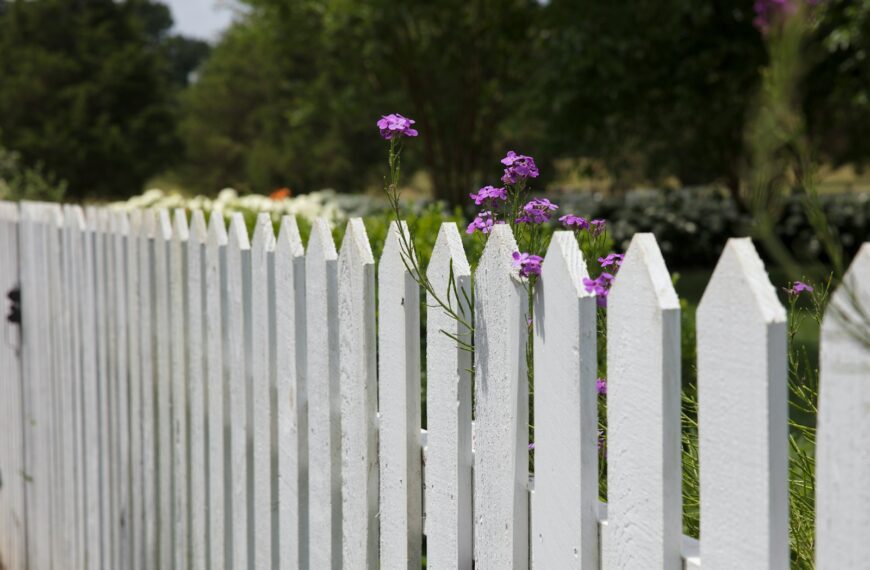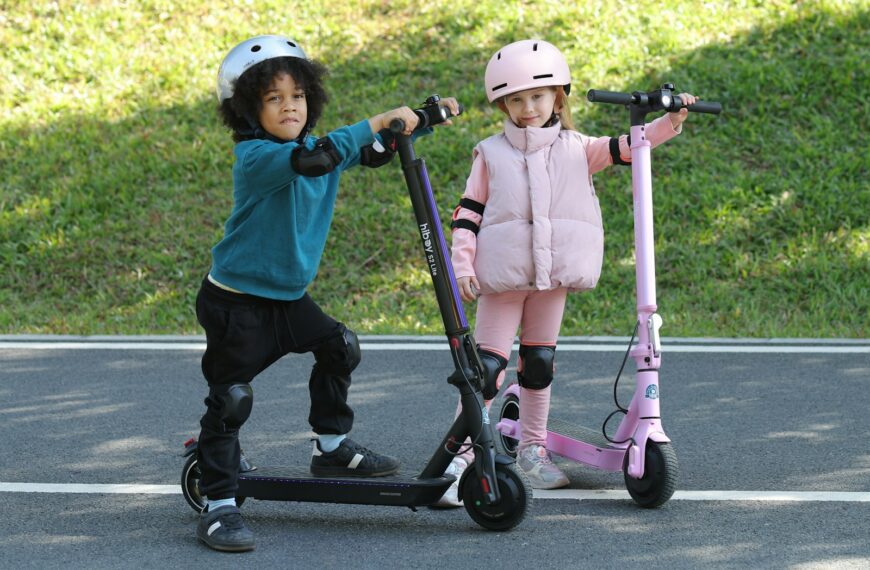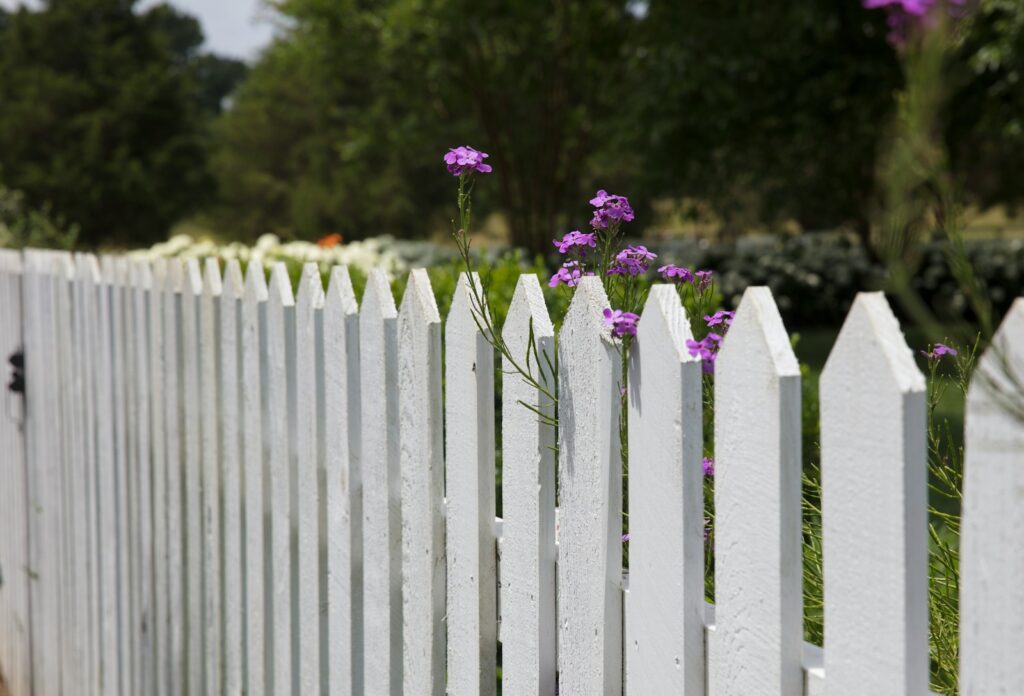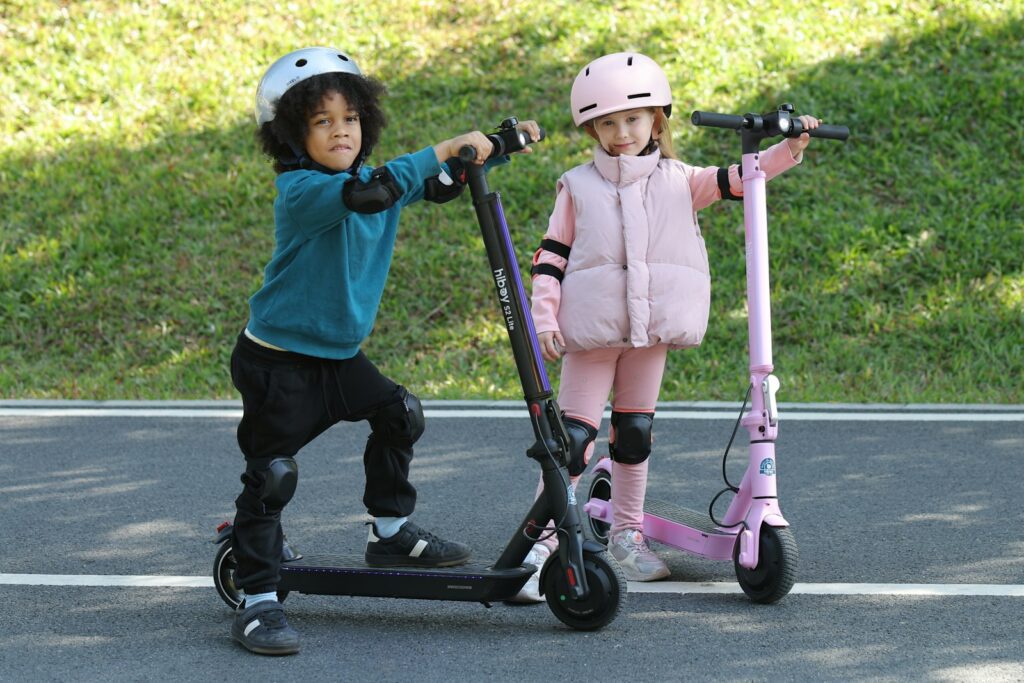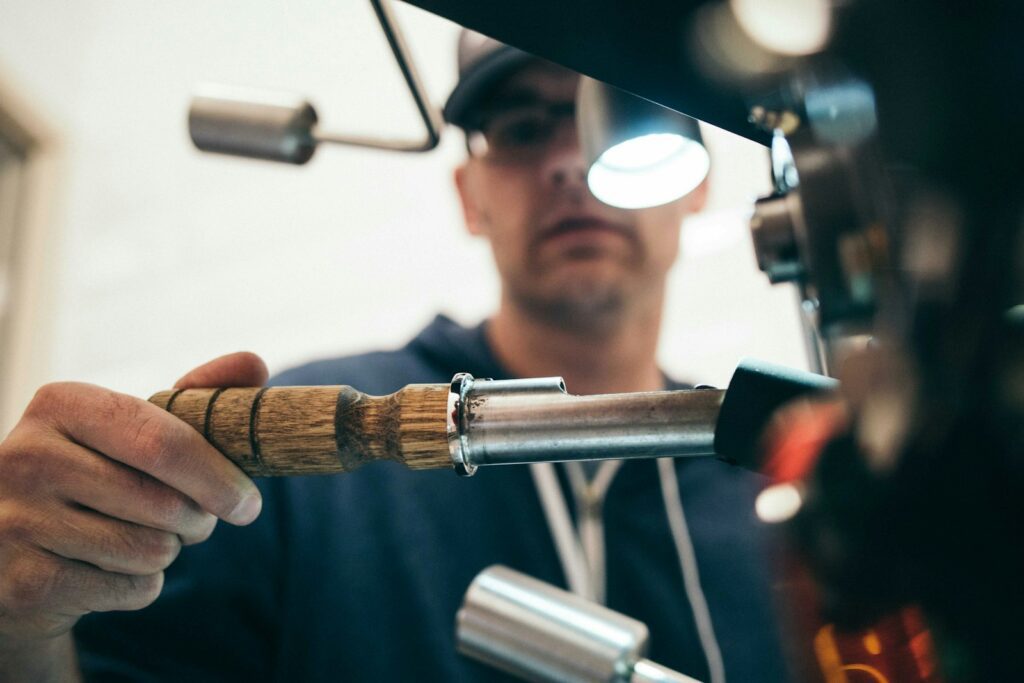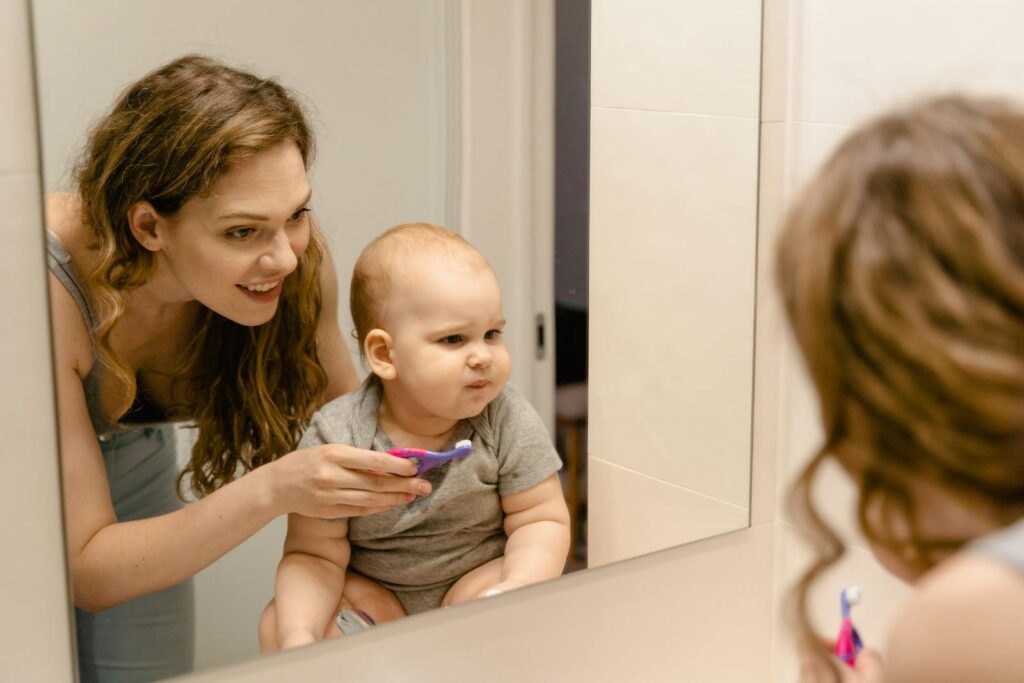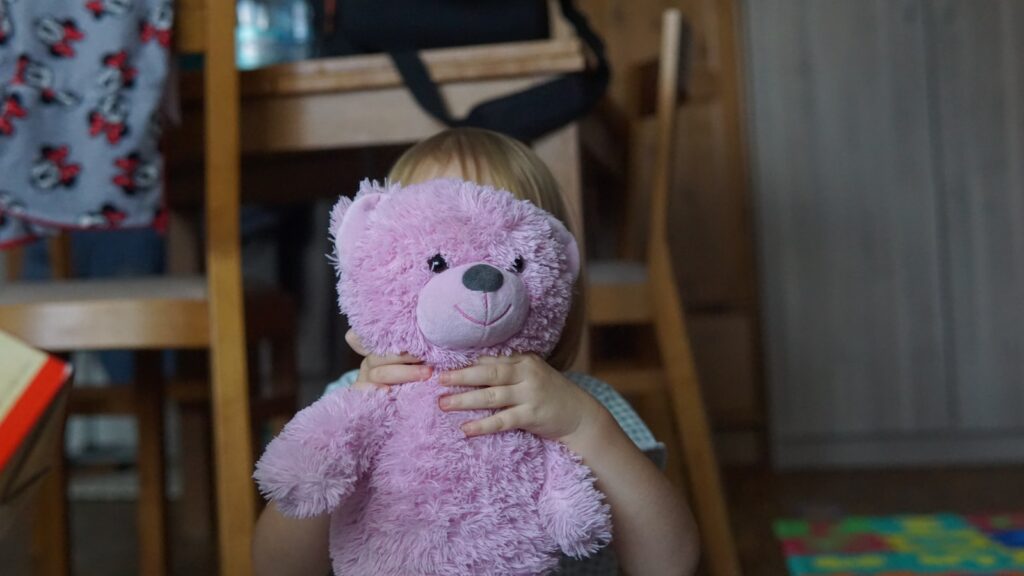Parenting styles have changed a lot since the 1980s, but some habits from that era still hold surprising value today. While many ’80s parenting choices might seem outdated or even risky, they often made daily life simpler for families.
These habits helped create a balance between independence for kids and ease for parents, showing that not all old-school parenting ideas are out of touch with modern needs. Understanding these can give you fresh perspective on managing the challenges of raising children today.
Kids given freedom to explore neighborhoods independently
In the ’80s, you were often free to roam your neighborhood without constant supervision. This independence allowed you to learn how to navigate your surroundings and build confidence on your own.
Exploring outside meant discovering new places, making friends, and solving small problems by yourself. You learned resilience because you had space to try and sometimes fail.
This kind of freedom made daily life easier for your parents too. They could focus on other tasks while trusting you to be responsible and aware of your limits.
Minimal use of safety gear like helmets and seatbelts
Back in the ’80s, it was common for kids to skip helmets and sometimes even seatbelts. You didn’t hear about strict laws or constant reminders to buckle up like you do today.
This relaxed approach might seem risky now, but it gave you a sense of freedom. You learned to be more aware of your surroundings and take responsibility for your own safety in a way that felt natural.
Parents weren’t glued to their kids, which meant less stress over every little bump or fall. It made everyday life a bit simpler and encouraged independence, even if it wouldn’t be considered safe by modern standards.
Unstructured outdoor playtime encouraged daily
You might remember playing outside until the streetlights came on. Back then, kids had the freedom to explore without constant adult supervision. This kind of unstructured play gave you space to be creative and solve problems on your own.
Spending time outdoors every day helped build social skills naturally. When you played tag or rode bikes, you learned teamwork and communication without even realizing it.
Parents trusted you to manage your playtime, which encouraged independence. That balance of freedom and responsibility made daily life feel simpler than it often does today.
Relaxed rules around screen time and technology
In the ’80s, screen time wasn’t really a worry because technology was limited. You didn’t have to battle endless devices or apps competing for your child’s attention.
Kids spent more time outdoors or inventing games, which naturally encouraged creativity and independence.
Without screens dominating playtime, it was easier for you to set simple routines that let kids explore and imagine on their own.
Today, you might find it helpful to bring back some of that balance by carving out unplugged hours and encouraging offline activities.
Parents trusted kids to solve minor problems on their own
In the ’80s, parents often expected you to figure out small issues without stepping in. If you had a disagreement with a friend or trouble with homework, you were usually told, “You’ll work it out.”
This trust helped you build problem-solving skills and confidence. You learned to handle challenges independently instead of relying on adults to fix everything.
By giving you space to navigate minor hurdles, your parents helped you become more resilient. It made daily life simpler for them and prepared you for bigger challenges ahead.




